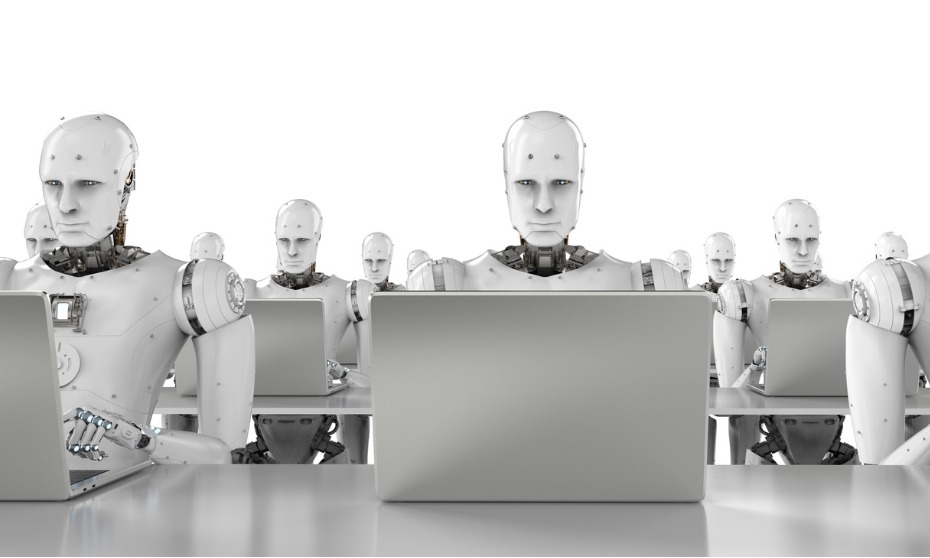
Not all robots know how to navigate through real-world obstacles, but a team of computer scientists is planning to change all that

Robots are hailed as the masters of routine work.
In HR, for example, teams can rely on intelligent software to perform mundane tasks, such as scheduling interviews, managing benefits, and even pulling up answers for common HR queries.
But it’s one thing for a robot to do the same tasks day in and day out – of course, that’s the whole point of robotic process automation – and another for that machine to be thrown into an entirely new situation every time.
Think of a warehouse robot programmed to find an object on a shelf. Now imagine that same robot being told to locate that object but in a cluttered space. Will the machine be able to assess the new challenges involved?
READ MORE: This is how humans and robots can coexist in the workforce
Smarter robots on the rise
This is the logic behind a new kind of robot being developed by computer scientists at the University of Leeds – a robot that relies on two aspects of artificial intelligence. One is automated planning and the other reinforcement learning.
In the first instance, the robotic software ‘sees’ the space the machine will have to move in. Factoring in the obstacles, the machine maps out a course of action to be able to perform the task.
But not all worker robots are sophisticated enough to know how to navigate through real-world obstacles. For this reason, the researchers integrated reinforcement learning as well.
The process entails the robot going through trial and error and learning from mistake after mistake after mistake. A total of 10,000, in fact. Fumbling, knocking over items, or dropping the target object. All in an effort to understand the best course of action.
“Artificial intelligence is good at enabling robots to reason – for example, we have seen robots involved in games of chess with grandmasters,” said Dr. Matteo Leonetti, who was involved in the study.
Robots, he said, aren’t “highly mobile and dexterous” – something humans are very good at.
“Those physical skills have been hardwired into the human brain, the result of evolution and the way we practice and practice and practice,” Dr. Leonetti said. “That is an idea that we are applying to the next generation of robots.”